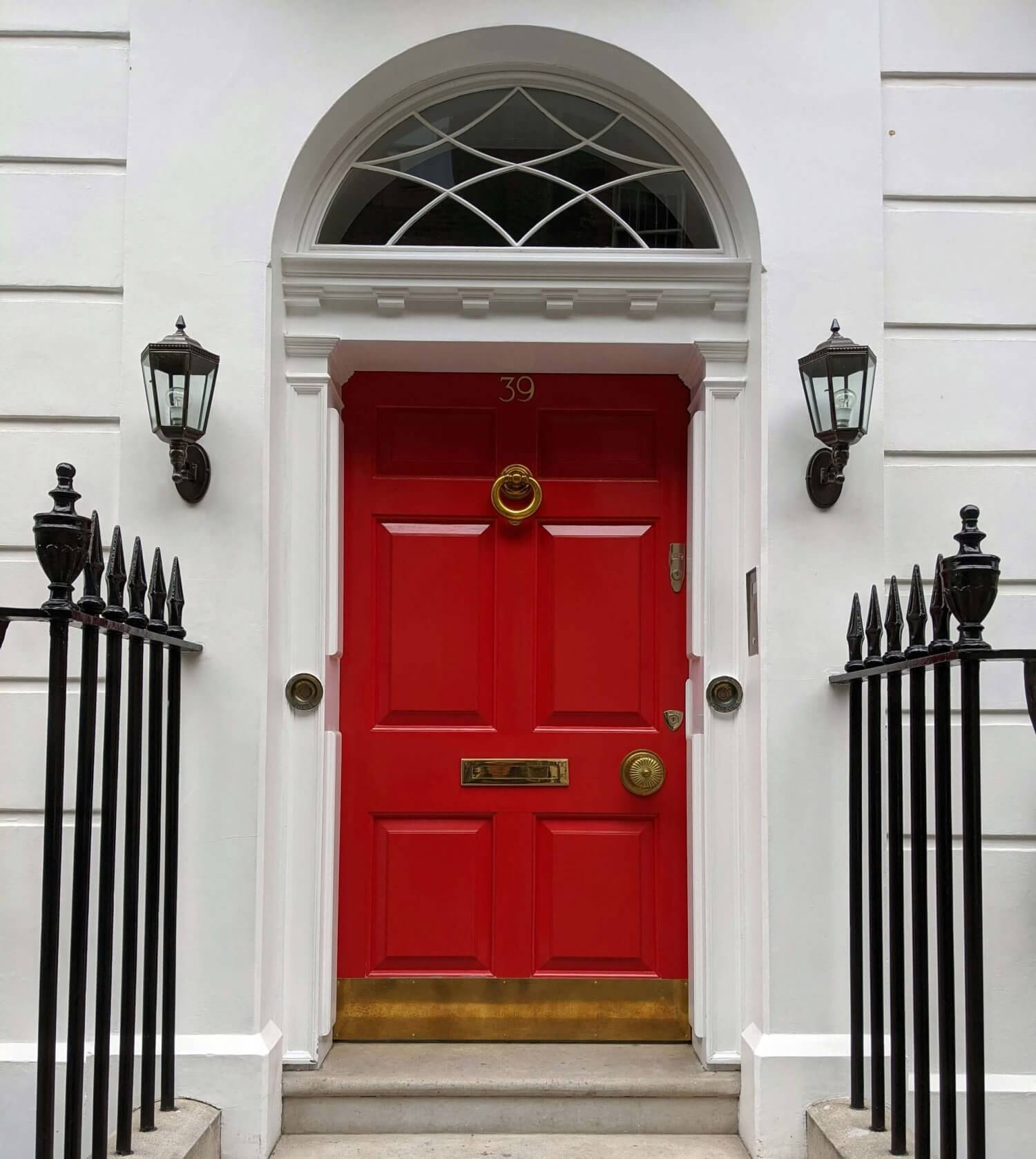Stability at Last?
The past decade and a half have seen considerable turbulence in the London property market. While the effects of global shocks such as Brexit and Covid could not have been foreseen, the resulting fluctuating house prices, political instability, and unpredictable interest rates have created a general sense of uncertainty.
Whether people voted for Labour or not, their victory does at least offer a semblance of stability. And while the size of their majority was not as huge as had been predicted, it is at least large enough for the government to be able to push through some meaningful change.
Interest Rates: A Welcome Relief to Come
With interest rates anticipated to decrease in August, homeowners and potential buyers can start to see the light at the end of a year-long tunnel, where interest rates have remained at 5.25% since August 2023. The prospect of lower interest rates is likely to invigorate the market, especially in South West London.
VAT on Private School Fees: A Consideration but Not a Dealbreaker
A hot topic during Labour’s campaign was their plan to end VAT exemption on private school fees. This has caused some concern among parents, especially those already making lifestyle sacrifices in order to send their children to private schools.
However, the majority are unlikely to want to disrupt their children’s schooling, especially if it would mean trying to move into catchment for an ‘outstanding’ state school, with no guarantee of a place. For most of our clients, especially in Kensington & Chelsea, the 20% fee increase will be irritating but not a dealbreaker, and we don’t see this policy having an impact on these markets.
A Positive Outlook for Investors
With the Chancellor Rachel Reeves making a rallying call for international investment, and the government positioning itself as pro-business and pro-growth, Labour’s policies signal a potential upswing in the market – good news for property investors. The government just need to ensure they do it at a pace where the markets can keep up with their policymaking.
London has always been a magnet for property investors, both domestic and international, due to its status as a global financial hub and cultural epicentre. The new government’s focus on creating a more stable and predictable economic environment is likely to reinforce London’s attractiveness as a prime investment location.
Moreover, the potential decrease in interest rates could lead to an increase in rental yields. As borrowing costs decrease, property investors can leverage this to expand their portfolios, while tenants could benefit from more competitive rental pricing.
A Time for Cautious Optimism
Optimism keeps the property market going, and there has been a lack of confidence for 14 years. While we all know that the previous rates of inflation – where property prices doubled every decade – are over, I believe now there is reason to be cautiously optimistic.
After the global shocks of Brexit and COVID, and a protracted period of political instability, we are craving a sense of stability and steadiness. If this can be achieved, the Central Prime London and South West London property markets are poised for a period of growth and renewal. We await the Autumn Statement with interest…
Get in touch
